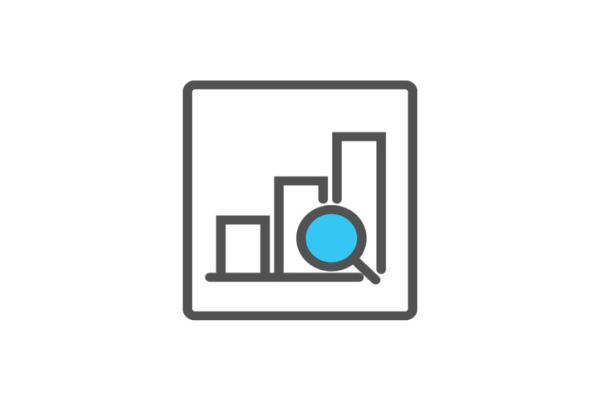On 11 August 2020, the European Commission published its evaluation (main document – part 1, annexes: part 2, part 3, part 4, part 5, part 6) on the legislation for medicines for rare diseases and for children. An executive summary in English, French and German is also available.
This is the first comprehensive evaluation of the two regulations since their adoption in 2000 and 2006 respectively. They are evaluated together, given that the majority of rare diseases may appear already in children and many children’s diseases are also rare.
The evaluation was conducted in line with the Commission’s Better Regulation Guidelines. It aimed to assess the strengths and weaknesses of the two regulations. The evaluation consisted of several steps, including the publication of a Roadmap, various recent studies on paediatric medicines and on medicines for orphan diseases and extensive consultation of stakeholders.
The European Commission is now reflecting on follow-up actions.
Roadmap
The European Commission published a Roadmap on the evaluation of the orphan and paediatric legislation (medicines for special populations). This Roadmap was a first step in the evaluation process and outlined the purpose, content and scope of the evaluation. Stakeholders were invited to submit comments on the Roadmap until 8 January 2018. To view the feedback received, please click here.
External Studies
To conduct this evaluation, the European Commission used the outcomes of various recent studies.
An external contractor carried out a study on the functioning of the regulation on medicines for rare diseases. This study was based on Commission documents and reports, the relevant published literature, documents developed by other bodies (such as the European Parliament) and the results of the public and targeted consultation.
Final study report and executive summary
As regards the paediatric regulation, all relevant studies and reports have already been published here.
Stakeholder consultation
Stakeholder consultation was one of the key sources of evidence that was used to support this evaluation. The aim was to collect views and opinions on the implementation of the two legislations, to gather factual information on what works well and where there is still room for improvement and to gather data and knowledge about the impact of the legislations. Stakeholders were consulted in the following ways:
- Conference on "Medicines for Rare Diseases and Children: Learning from the Past, Looking to the Future” was held 17 June 2019 in Brussels. The event brought together around 150 experts from across the EU, representing national governments and health authorities, academia, patients and health professionals’ organisations and the pharmaceutical industry. By using interactive methods of discussion, all participants had the opportunity to express their opinions on specific questions. A detailed report was published here.
- An online public consultation on the evaluation of the orphan and paediatric legislation was launched on 12 October 2018 and run until 11 January 2019. The online public consultation was conducted via a survey consisting of open and closed questions about knowledge of and experiences with orphan medicines, policy challenges, experiences with the EU Orphan Regulation, and the availability, affordability and accessibility of orphan medicines, both in general and at member State level. A total of 145 responses was received and published here.
- A multi-stakeholder workshop on “How to better apply the Paediatric Regulation to boost development of medicines for children” was held on 20 March 2018. The workshop brought together around 160 participants from different groups: patients and carers, academics, healthcare professionals, and pharmaceutical industry representatives as well as clinical trial assessors from national competent authorities (NCAs), ethics committees, the Agency including representatives of the Paediatric Committee (PDCO) and the European Commission. A report can be found here.
- An online public consultation on the roadmap on the evaluation of the orphan and paediatric legislation was launched on 11 December 2017 and run until 8 January 2018. In total 23 replies were received: 4 from business associations, 2 from companies, 2 from public authorities, 5 from NGOs, 3 from academic/research institutions, 5 from EU citizens and 2 from non-EU citizens. The replies are published here.
- An online public consultation on the experience acquired from the application of the paediatric regulation was launched on 15 November 2016. Submissions were received from 75 responses from a variety of stakeholders representing pharmaceutical undertakings, patient organisations, NGOs, as well as public institutions including regulatory agencies and national ministries. A report summarising the stakeholders’ replies is published here.





